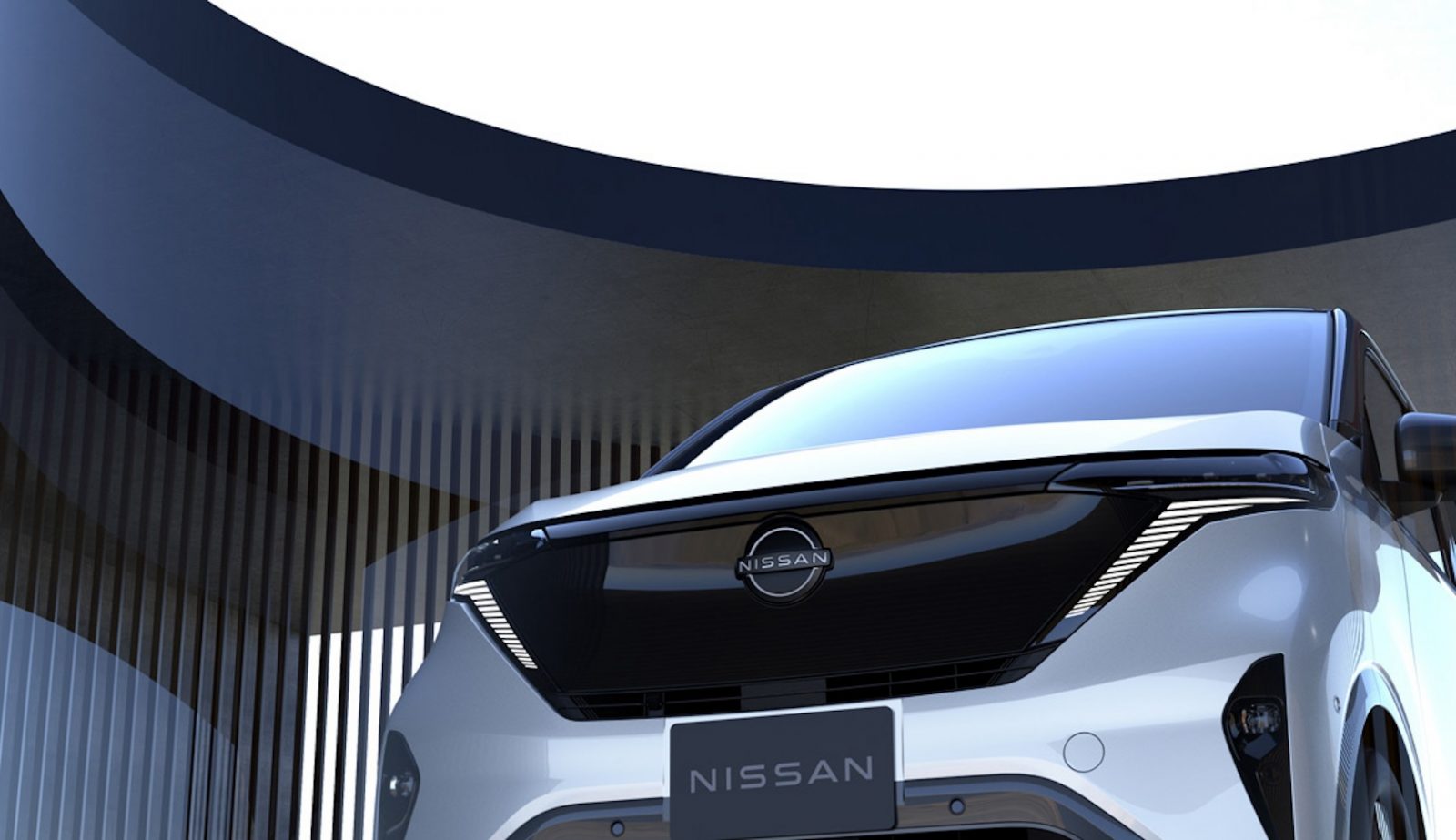The Nissan Sakura EV is a tiny electric car with a range of around 80 miles. In Japan, kei cars like this are popular for short trips around cities and neighborhoods. At around 2 million yen ($13,500), the Sakura provides an affordable, practical option for local emissions-free driving. Kei cars can serve an important transportation niche in American cities and towns as well.
For many urban residents, a small EV is perfect for errands and commuting. With a top speed of 80 mph, the zippy Sakura has plenty of power for urban and suburban driving. Its compact size allows easy parking in crowded cities. Yet the interior remains surprisingly spacious and comfortable. For in-town trips under 80 miles per day, the little Nissan can handle everything.
Home and workplace charging makes it easy to plug in the 20 kWh battery overnight or while at the office. Occasional fast charging can extend the Sakura’s daily usable range too. So despite its limited range, this EV still works for a number of US drivers.
The Sakura’s small footprint also makes it very energy efficient to run. Less battery capacity is required, lowering production costs. And the car uses little electricity to move around town. For eco-conscious city dwellers, that’s a major selling point.
While the Nissan Sakura won’t work for everyone, it fills an important niche. For young urbanites, second vehicles, delivery fleets, and more, these tiny EVs offer cheap, green transportation. US cities should welcome kei vehicles like the Sakura. They provide mobility options without the noise, pollution, and congestion of conventional cars. As American cities continue to grow, innovative vehicles like these will only become more useful. For short local trips, the tiny Sakura EV has a lot to offer drivers.
